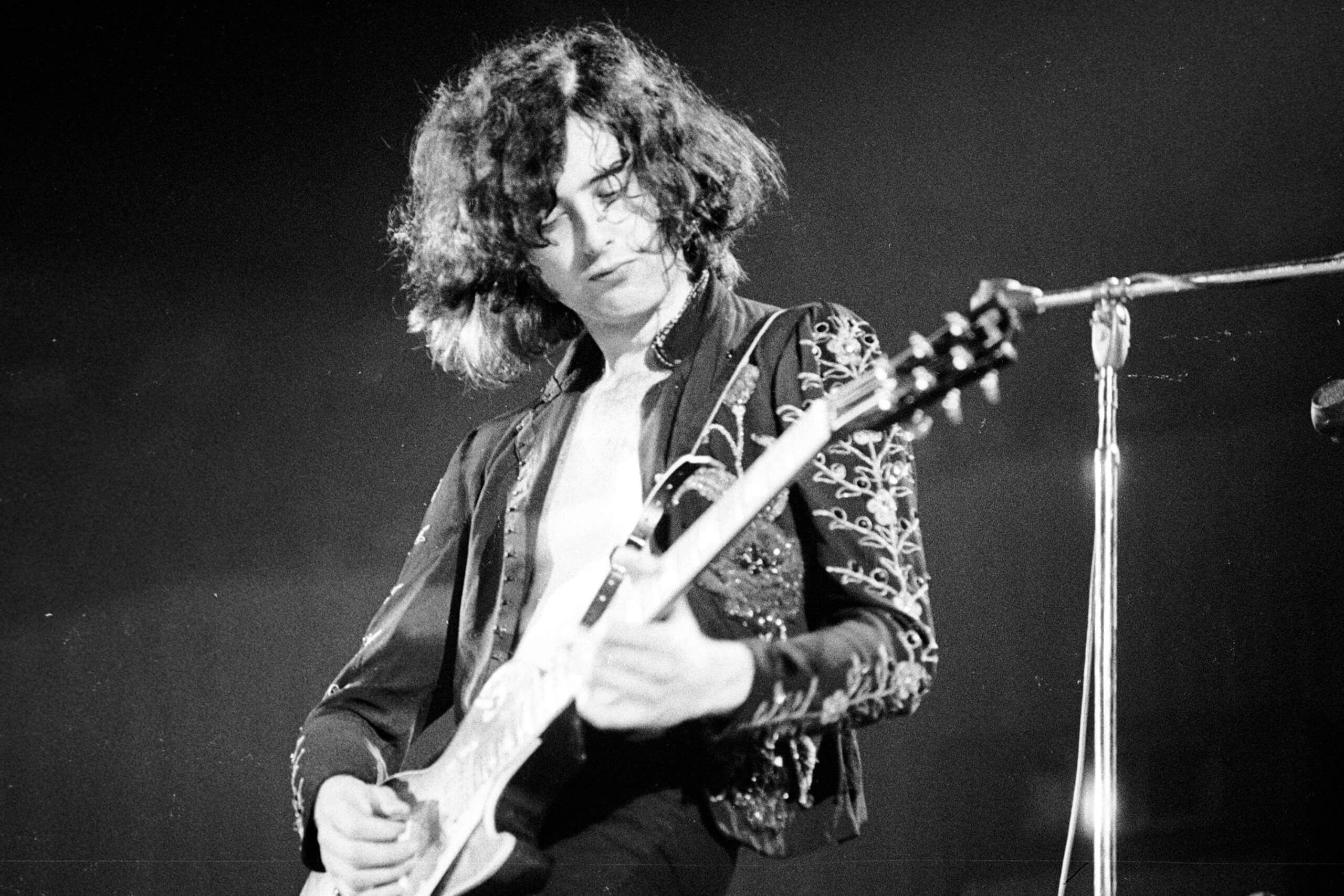The ongoing debate about the world’s preeminent guitarist sparks impassioned discussions, with one name standing out irrespective of individual opinions: Jimmy Page. A luminary in the realm of rock music, Page, the founder of the legendary Led Zeppelin, has held a lofty position for decades, and even as he enters his 80th year, his influence among rock enthusiasts remains unmatched.
While Page may have receded from the spotlight in terms of live performances in his later years, his enduring ardor for music is unmistakable. Recent endeavors primarily involve interviews delving into his illustrious career and its associates. However, the curtain has not definitively fallen on touring or performing, leaving a tantalizing prospect for those who yearn for more. With a career as vibrant and storied as Page’s, the notion of a quiet exit seems incongruous; perhaps the guitarist has intriguing plans for his eighth decade.
Born in 1944, Page’s musical journey commenced at the age of 12 when he fortuitously encountered a Spanish guitar in his childhood home in Surrey. “I don’t know whether [the guitar] was left behind by the people [in the house] before [us], or whether it was a friend of the family’s,” Page later revealed, adding an air of mystery to his early musical influences.
Despite Page’s later renown for his distinctive hard rock style with Led Zeppelin, his initial foray into music leaned toward the mellower side. At the tender age of 13, Page showcased his proficiency on the BBC children’s program All Your Own, presenting ‘Mama Don’t Want To Skiffle Anymore’ on a hollow-body guitar. Skiffle, the UK’s response to early American rock ‘n’ roll, captivated Page initially with its acoustic nature, but the allure of American rockabilly, with its electric energy, eventually led him to make the switch.
Buddy Holly served as a transformative influence, driving Page to embrace the electric guitar. “Solos which affected me could send a shiver up my spine and I’d spend hours, and in some cases days, trying to get them [down],” he reminisced, citing Buddy Holly’s chord solos as particularly impactful. Largely self-taught, Page’s relentless dedication to mastering the guitar led to clashes with school authorities, ultimately prompting him to leave secondary school at 15 to pursue his musical passion.
The 1960s saw Page navigating the music industry as a session musician, contributing his talents to various artists, including The Rolling Stones, Marianne Faithfull, and The Who. However, it was his stint with The Yardbirds in the late 1960s that propelled Page into the limelight, laying the foundation for the iconic Led Zeppelin.
Led Zeppelin, formed in 1968, quickly ascended to unparalleled success, cementing its status as one of the most influential bands in British musical history. Page’s guitar prowess played a pivotal role in the band’s triumph, producing timeless riffs that defined an era.
Post the disbandment of Led Zeppelin in 1980, Page’s musical journey continued. Collaborating with Jeff Beck, forming supergroups, recording soundtracks, and engaging in charitable performances showcased the guitarist’s versatility. Despite persistent rumors of a Led Zeppelin reunion, over 40 years have passed without a definitive sign. Nonetheless, Page’s impact endures, influencing a multitude of artists, with Jack White hailing ‘Whole Lotta Love’ as home to “probably some of the greatest guitar notes ever played, if not the greatest.”
Jimmy Page’s indelible mark on rock music is undeniable, inspiring countless artists and musicians. As he enters the next chapter of his career, the guitar virtuoso’s past achievements suggest that whatever lies ahead is destined to be unforgettable.
